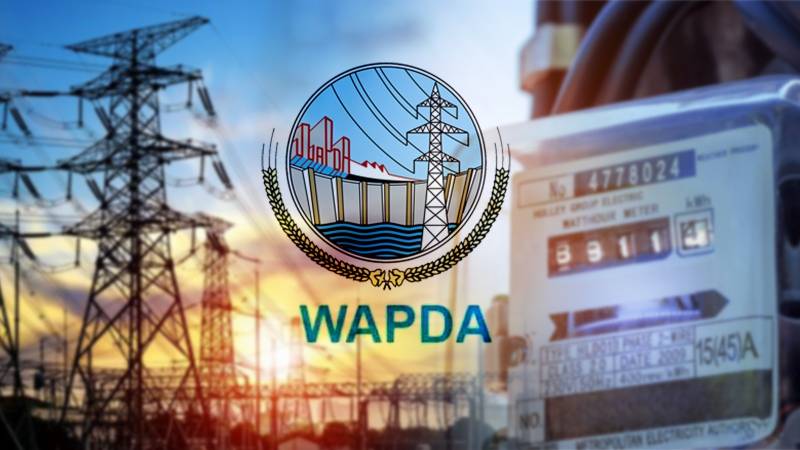
In the realm of energy production, Pakistan has navigated through two contrasting scenarios over the years: periods of electricity scarcity that lead to load management, commonly known as load-shedding, and times of surplus capacity. In both situations, the public has not shied from voicing their concerns. During shortages, the noise emanates from the roar of generators in shopping districts, while in surplus times, it echoes in the form of frustration over higher tariffs and hefty electricity bills.
The journey into private sector involvement in power generation, which began in the 1990s, led us down a path of contracting more capacity than our immediate needs. This era brought "accountability" into the limelight and ushered in a tumultuous chapter marked by costly litigation and international arbitration. At the helm of this accountability drive was a figure known as 'Ehtisabur Reman.' Those interested in the details of this tumultuous period can easily find them through a simple online search.
From 1997 to 2004, we grappled with the dual challenges of surplus energy and excessive capacity payments. Yet, from 2008 to 2015, we faced a severe energy shortage, prompting us to explore various avenues to meet the demand for electricity.
Reflecting on our energy landscape from 1947 to 2013, one can discern a pattern of "regular" capacity expansion plans. During the 1990s, power generation capacity was bolstered through a mix of public sector initiatives led by WAPDA and the Pakistan Atomic Energy Commission, as well as private sector endeavors facilitated by the creation of PPIB in 1994 and another facilitating agency (AEDB) established around 2005. Typically, it took approximately a decade from the inception of a project to its financial closure, given the nature of the public sector projects or the stringent requirements of the financial institutions in standard “project finance” deals.
However, two notable exceptions emerged on Pakistan's energy horizon, defying conventional timelines and expectations. Firstly, the power projects under the China-Pakistan Economic Corridor (CPEC) arrived with unprecedented speed, characterized by their immense scale and rapid execution, true to the Chinese way. Secondly, the public sector, led by Mr. Shahbaz Sharif & Co., managed to swiftly bring to fruition four RLNG-based power projects of considerable magnitude.
While a handful of experts exhibited foresight by raising pertinent questions about the viability of these exceptional projects, the majority gave their nod of approval. This collective decision-making has left us grappling with excess capacity and the "must run" obligation imposed by several large projects, including RLNG and coal-based power initiatives.
In hindsight, we must ask ourselves why we did not strive for consensus before embarking on these monumental ventures. Why did we not heed the voices of experts who raised grave concerns about the feasibility or non-viability of these projects? Why did we not consider treating CPEC projects as government-to-government (G2G) collaborations, securing significantly reduced “returns on investment”, both on debt and equity investments by the large SOEs (State Owned Enterprises) of the friendly Government of China? These investments, protected by the Government of Pakistan in terms of concession agreements and China’s own Sinosure, could have been structured more judiciously.
We cannot change the past, but we can chart a more prudent course moving forward. Our first step should be to lend an attentive ear to the experts, fostering consensus on how to address the capacity conundrum.
Simultaneously, we must come together to establish a consensus on how to attract investors, both local and international, through the SIFC, the recently created Special Investment Facilitation Council, while avoiding the repetition of past mistakes.
Just as a company seeks the wisdom of its board and shareholders and relies on the majority or supermajority decisions of its directors or shareholders, our nation must collectively make and wholeheartedly implement informed decisions. We should not tolerate political posturing or misleading tactics. Furthermore, blame games should have no place in our pursuit of a more stable and efficient energy future and economic stability.

